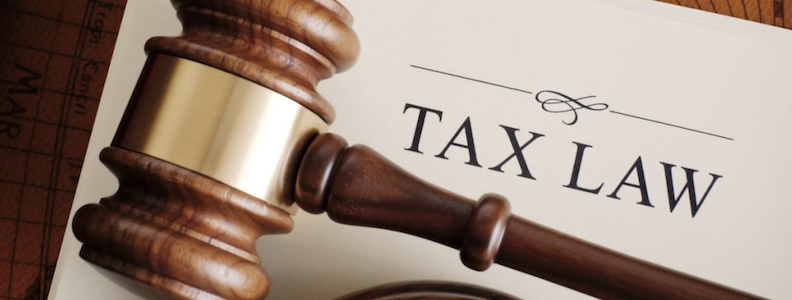
Could this assist your R&D Tax Incentive claim?
Last month, the Full Federal Court in the Moreton Resources Ltd v Innovation and Science Australia [2019] FCAFC 120 handed down a decision that could prove critical to R&D Tax Incentive claimants around the country, irrespective of the industry in which they operate.
The Full Federal Court allowed an appeal made by Moreton Resources Ltd with the matter remitted to the Administrative Appeals Tribunal for determination.
Although this may sound inconsequential, having the Full Federal Court pass the case back to the Administrative Appeals Tribunal, it reveals a substantive issue, insomuch that the Full Federal Court believes that the Administrative Appeals Tribunal made an error in its narrow interpretation of “core R&D activities”.
Background
The case in question concerns whether activities undertaken in relation to an underground coal gasification pilot facility were core or supporting R&D activities. Furthermore, it analyses whether or not the application of an existing technology to a new site could be considered a core R&D activity.
Key Findings
The key findings of the case, as per the ruling made by Davies, Moshinsky, and Steward JJ, are as follows:
1. The object of the R&D Tax Incentive legislation is to encourage industry to conduct R&D activities, and on the facts of this case, this object is served by activities that have the purpose of generating new knowledge with respect to the application of an existing technology at a new site.
2. For core R&D activities to be “experimental activities”, they do not need to go beyond being the type of activities whose outcome cannot be known or determined in advance on the basis of current knowledge, information and experience, and that are conducted for the purpose of generating new knowledge.
3. The term “experimental activities” is not intended to narrow the interpretation of the R&D Tax Incentive and this term has “very little, if any, work to do” beyond reflecting the types of activities as described in the point above.
4. The Administrative Appeals Tribunal had incorrectly interpreted that “experimental activities” do not cover activities which have the purpose of generating new knowledge in relation to the application of an existing technology at a new site. Furthermore, the Full Federal Court affirmed that the Administrative Appeal Tribunal’s construction “is not supported by text, context or purpose of the provision”. The Full Federal Court found that the phrase in the R&D Tax Incentive legislation “experimental activities that are conducted for the purpose of generating new knowledge” is capable of applying to activities that are conducted for the purpose of generating new knowledge in relation to the application of an existing technology at a new site.
5. The Administrative Appeals Tribunal had also incorrectly characterised the underground coal gasification pilot facility activities. The Full Federal Court relied on contemporaneous documentation which supported the purpose of the project and the novelty of the facility on a global scale which did not reconcile with the Administrative Appeal Tribunal’s findings.
How Could This Affect Your R&D Tax Incentive Claim?
The rationale provided by the Full Federal Court in this case is significant and could change the landscape as to how R&D Tax Incentive claims are reviewed by the regulatory authorities.
Although the case is still ongoing, here are the main learnings that the industry could take away from the case:
- The definition of core R&D activities is not to be interpreted so narrowly. The use of existing technologies in a new context could satisfy the R&D Tax Incentive’s definition of a core R&D activity. This broader interpretation of core R&D activities could have a substantial impact on many R&D Tax Incentive claimants from a variety of industries, such as the software, technology, and engineering sectors.
- Supporting documentation remains critical in substantiating the characterisation of the activities being conducted. In this instance, Moreton Resources kept on file contemporaneous documentation that could be used to support the purpose of conducting the R&D Project, as well as the various stages of the R&D Project. Any company claiming the R&D Tax Incentive should always ensure that it keeps on file supporting documentation that could be used to substantiate the R&D activities conducted.
If you have any questions, or if you are in the midst of an R&D Tax Incentive dispute, then please feel free to reach out to Alan at BridgePoint Group on on 1300 656 141.


